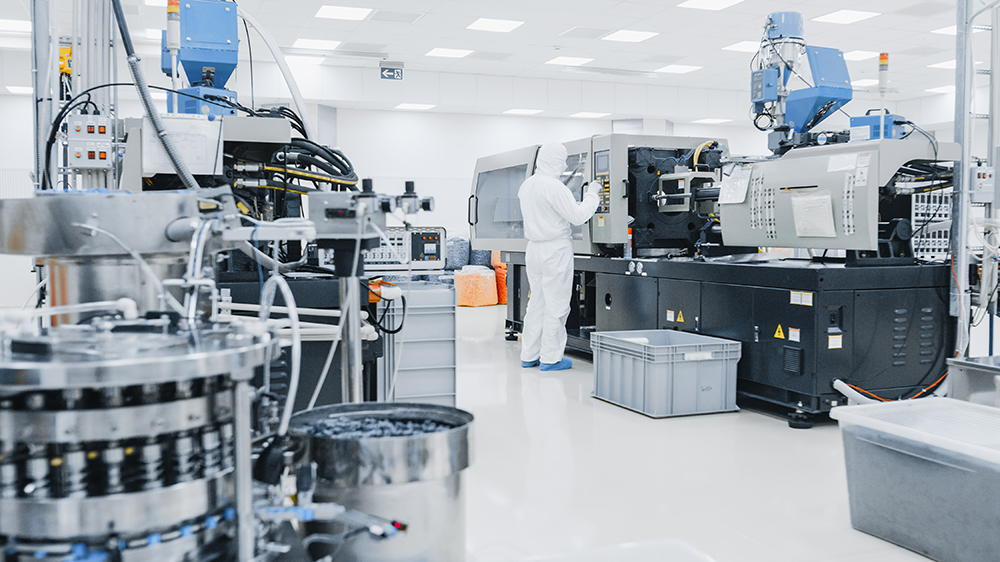Medical Instrumentation relates to physiological measurements for diagnostic, therapeutic, and monitoring applications. Medical instrumentation includes application areas such as cardiology, lung function, cerebral and muscular signals, surgery and anesthesiology, ultrasound, and specialized devices for infants and neonates. The area also includes the design of the medical devices for these applications, as well as the associated signal processing methods (e.g., noise/artifact mitigation).
For Professors working in this area, refer to the Faculty list (Medical Instrumentation)
COURSES:
BIOM 5100 (BMG 5103)
Medical Instrumentation
The course covers instrumentation designed to measure physiological variables related to the function of the heart, lungs, kidney, nervous and musculo-skeletal system; imaging technologies; emergency, critical care, surgery and anaesthesia equipment. The concept of technology assessment is discussed. Also listed as SYSC 5302 (ELG 6320).
BIOM 5101 (BMG 5104)
Biological Signals
Modeling of neuromuscular biological signals, including subthreshold phenomena, active behaviour of cell membranes, and innervation processes. Measurement of biological signals, including electrode effects. Time domain, frequency domain, and adaptive filtering techniques for noise reduction.
BIOM 5106 (BMG 5109)
Advanced Topics in Medical Instrumentation
Recent and advanced topics in the field of medical instrumentation and its related areas.
